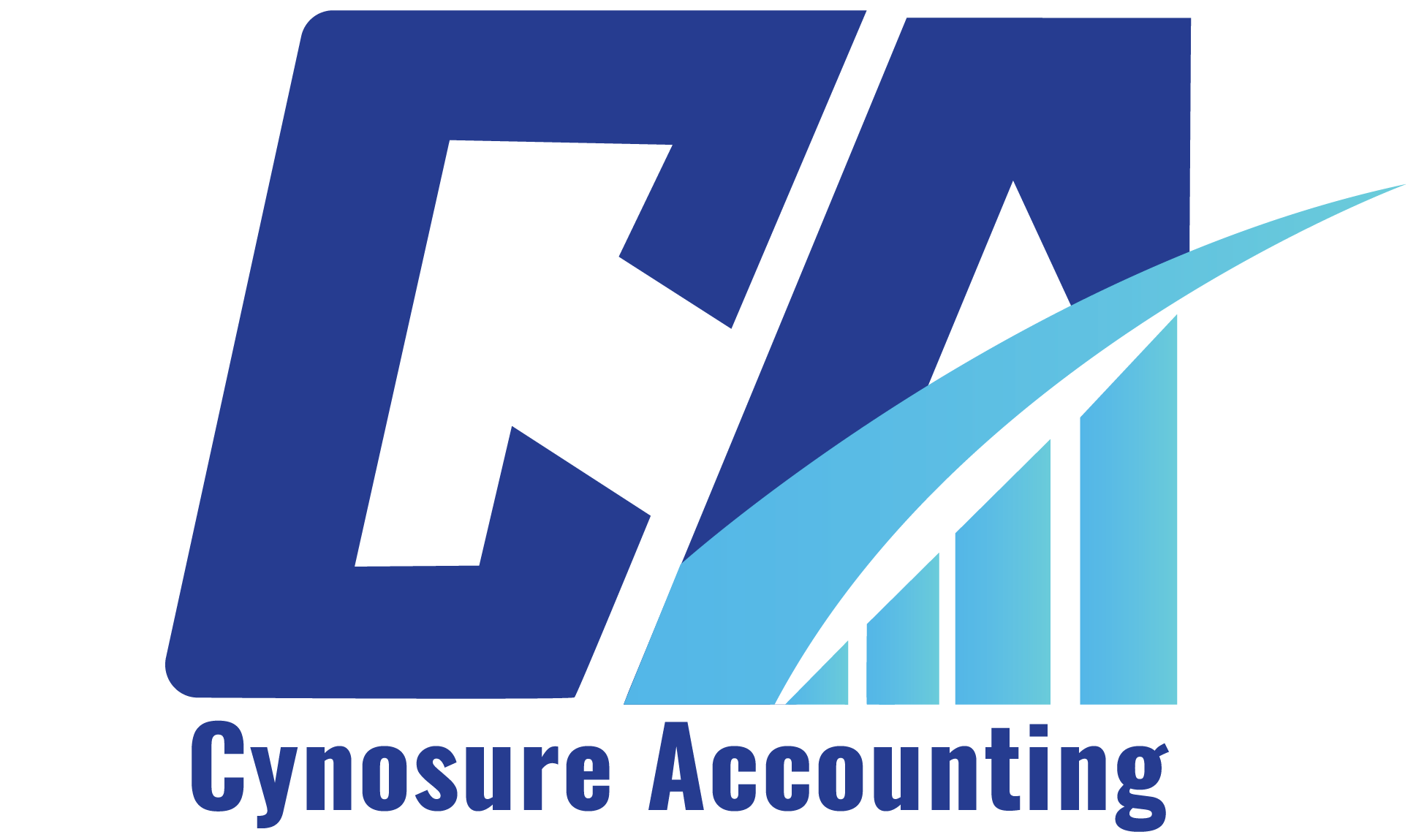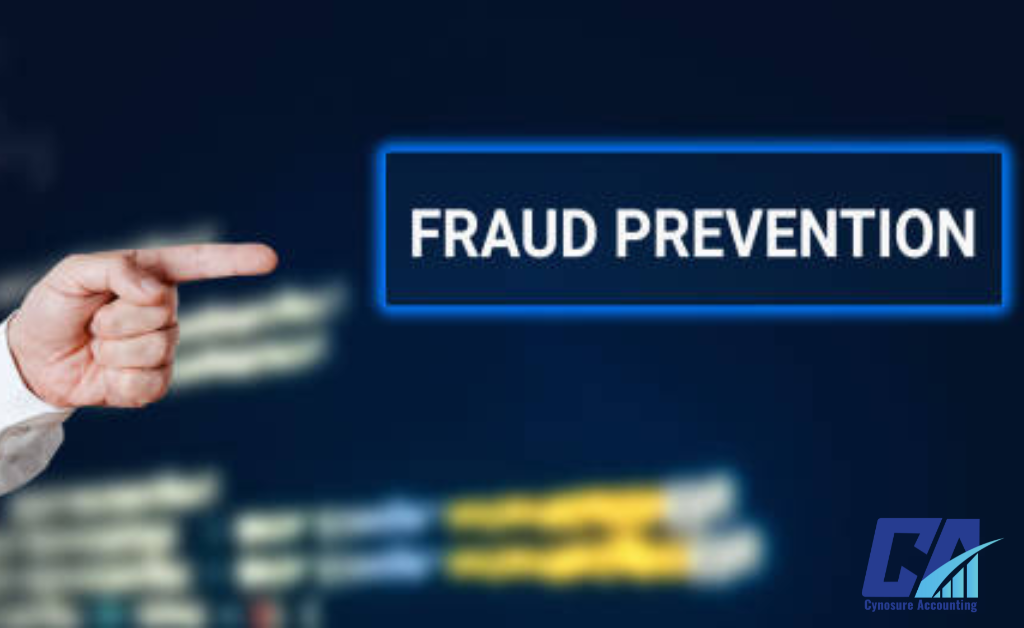Bookkeeping clean up might seem like a task reserved for tax season, but in reality, it’s a critical step toward Financial Data Accuracy & Fraud Prevention. When financial records are disorganized, it becomes easier for fraudulent activities to hide in plain sight. In contrast, accurate, up-to-date books create a foundation of trust and clarity.
This process doesn’t just benefit accountants or auditors—it supports businesses in spotting irregular behavior, preventing account takeovers, and staying compliant with regulations that are becoming more data-driven every year.
The Connection Between Clean Records and Fraud Detection
Clean financial records make it easier to spot unusual patterns, detect fraud early, and support tools that rely on accurate data to flag suspicious activity.
1. Inaccuracy is a Breeding Ground for Fraud
Mistakes and inconsistencies in financial data can serve as entry points for fraudsters. Whether it’s a duplicate invoice, incorrect account coding, or missing transactions, poor recordkeeping lowers the chances of detecting suspicious behavior in time.
Bookkeeping clean up directly contributes to Financial Data Accuracy & Fraud Prevention by closing these gaps and helping teams detect early warning signs—before damage is done.
2. Data Accuracy Supports Advanced Fraud Detection Tools
Modern fraud detection relies on tools like predictive analytics, behavioral biometrics, and anomaly detection. These technologies scan thousands of financial transactions to find outliers and red flags. Without accurate historical data, they can’t function correctly—leading to either missed threats or false positives.
By cleaning up financial data, organizations improve the effectiveness of fraud prevention systems, reinforcing their overall defense.
How Clean Books Help Prevent Financial Fraud
Clean financial records are one of the first lines of defense against fraud. When your books are accurate and up to date, it’s easier to spot unusual patterns, detect unauthorized transactions, and stop fraud before it causes damage. Whether you’re facing risks like identity theft, phishing scams, or account hijacking, clean books give you the clarity and control needed to act fast and stay protected.
3. Behavioral Biometrics and Transaction Monitoring
Clean financial records allow for better integration with systems that track behavior patterns—such as how users navigate platforms or approve payments. When behaviors shift (a sign of possible identity theft or phishing), these systems can alert teams quickly. But the alerts only make sense when the baseline data is accurate. Bookkeeping clean up ensures these systems are referencing solid, trustworthy information.
4. Risk Analytics That Actually Work
Risk analytics depend on clean data to evaluate trends and score the likelihood of fraudulent activities like credit card fraud or account hijacking. Data that’s inaccurate or incomplete can throw off these scores, making it harder to protect financial institutions from false negatives or unexpected fraud spikes.
A structured clean-up process boosts Financial Data Accuracy & Fraud Prevention by making risk data more reliable and actionable.
Bookkeeping Clean Up and Compliance: More Than Just Paperwork
5. Keeping Regulators Off Your Back
Whether it’s avoiding a compliance violation or passing an audit, clean books are your strongest asset. Government agencies and financial watchdogs use data analytics to find patterns that indicate money laundering, fraudulent loans, or suspicious vendor relationships.
When your books are clean, it’s easier to demonstrate transaction authenticity, reducing the risk of penalties or legal trouble.
Real-Time Applications in Anti-Fraud Operations
6. Strengthening Identity and Access Management
Systems that rely on fingerprint scanning or biometric authentication can only go so far if the financial records themselves are flawed. Bookkeeping clean up supports fraud prevention by reducing gaps that fraudsters could exploit—even with strong identity controls in place.
7. Enabling Technologies Like Blockchain
Blockchain-based systems are designed to verify transactions and build transparency, but their strength depends on clean data going into the chain. If the records feeding into the blockchain are incorrect, the chain itself can be compromised.
Clean records support blockchain tools, further reinforcing Financial Data Accuracy & Fraud Prevention efforts from the ground up.
Fraud is more complex today than ever before—ranging from phishing scams to account hijacking and fraudulent credit cards. But the fight against it starts with the basics. Clean books build a reliable foundation for both traditional accounting reviews and high-tech fraud detection methods.
Businesses that prioritize bookkeeping clean up aren’t just improving internal processes—they’re actively contributing to Financial Data Accuracy & Fraud Prevention, protecting themselves from financial loss, legal risk, and reputation damage.

